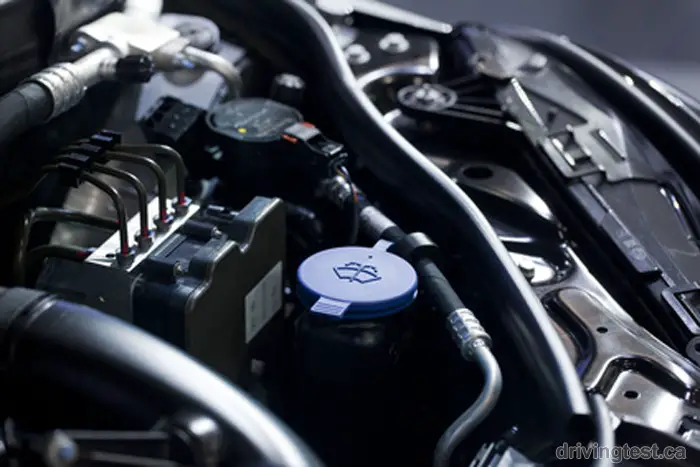Many of us spend more time in our cars during the hottest days of the summer. Whether you are driving the family to a fun beach vacation or just traveling back and forth to work, you need to keep a close eye on the temperature gauge. If your cooling system is not operating properly, you will probably notice that your car is running hotter than it should. The underlying problem may have existed for some time, but the cooler winter weather could have been masking the symptoms.
If you do notice your temperature gauge creeping into the hot zone, there are a number of things you can check. Running your car while it is overheating can result in serious damage to the engine and other components, so you should find a safe spot to pull over as soon as you notice the high temperature gauge.
Air Conditioner Use
If it is a very hot day and your air conditioner is working overtime, you might notice that your car is running a bit hotter than normal. A high outdoor temperature means that your car will need to work that much harder to maintain the proper temperature, and that extra strain can cause the engine to run hot.
If you suspect that the air conditioner is to blame, the easiest first step is to simply crank the air back or turn it off altogether. If the car cools off when the air conditioner is idle, you may need to have the cooling system checked and recharged.
Coolant Level
A low coolant level will definitely cause your car to run hot. In fact, checking the coolant level should be part of your normal maintenance. You should check the coolant level every time you check the oil or put air in your tires.
A drop in the coolant level could mean a leak in the system, so it is a good idea to have the car checked out if you need to add coolant frequently. If you are dealing with a car that is already overheating, you will need to wait for the engine to cool before checking the level. Never open the radiator itself to check the coolant; look for the separate coolant tank and add it there instead.

Radiator Hoses
Your car will also run hot if a radiator hose has burst. If this is the problem, you will probably see a puddle of coolant under the car where you pulled off the road. If a burst radiator hose is to blame, you will need to have the car towed to a mechanic to get it replaced.
The car may also run hot if a radiator hose is leaking or if it has become partially detached. Look at the hoses carefully and watch out for signs of leaks. If the hose is bulging or appears brittle, it could fail soon and should be replaced before it does.
Faulty Fan
If the cooling fan is blocked or broken, it will not be able to do its job and keep your car’s temperature within normal limits. You should be able to hear the fan running when your car is started, and you should be able to see the fan when you open the hood.
Use caution when checking the cooling fan and never put your fingers near the fan while the car is running. Once the car is off and the fan is still, you can check around it for leaves and other debris that could be blocking the area.
Thermostat
A faulty thermostat can cause your car to run hot. A thermostat can go out all at once, but most of the time the problem is more gradual. If you notice that your car is running warmer than normal and overheating more frequently, a faulty thermostat could be to blame.
You will need the help of a mechanic to diagnose a thermostat problem. If the car is already running hot, it is probably best to have it towed to the mechanic. If the temperature level is still within normal range, you can probably drive to the garage to have the vehicle checked out.